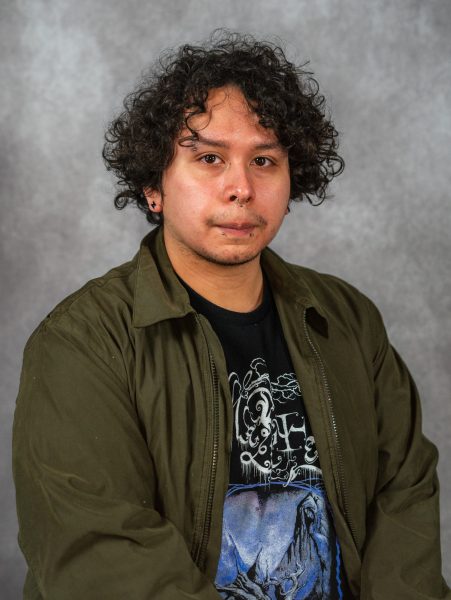The Integration of AI in education, waitlist changes, ethnic studies considerations, and the Petaluma disability center were some of the issues introduced at the first Santa Rosa Junior College Academic Senate meeting of the Fall Semester Sept. 4.
English Instructor Dr. Purnur Ozbirinci proposed a resolution on the ethical integration of generative AI writing tools in education.
The proposal hopes to “have SRJC thoughtfully prepare for the advance in these tools while nurturing the creativity and critical thinking skills of our students, ensuring they remain strong and resilient in an increasingly automated world,” Dr. Ozbirinci said.
Some opposing views were shared in the discussion.
“I would just like to read one line from one of my constituents who wrote, ‘I, for one, would feel much more at ease with the resolution that views the use of AI usage in classes as violation of the college’s academic integrity policy,’” said Nicole Slovak, behavioral science instructor and academic senator.
Slovak also read another constituent’s comment, “I absolutely do not support training on AI, and I think funding it is a violation of what the university stands for.”
The senate also discussed changes in the general education requirements for transferable courses to UC and CSUs and how SRJC can align with the recent updates based on recommendations from the Ethnic Studies department.
“The ethnic studies discussion is one part of a broader conversation we’re having about the changes that impact how students transfer,” said John Stover, president of the academic senate and behavioral sciences instructor. “So in the past, students had a choice to either be on a track for the UC system or the CSU system. Going forward, they will only have one path to transfer to both.”
Stover said the goal is to make it easier for students to understand what their requirements are.
Addressing the current representation of associate faculty versus contract faculty, Stover said the senators representing associate or part time faculty have to act on behalf of hundreds of faculty whereas contract faculty represent at most 50 faculty.
To resolve the issue, a discussion was brought forth to establish a Senate task force to look at areas of representation for senators.
A senate task force discussed possible waitlist changes. One proposal was that waitlists should be large whenever possible, according to the work group’s proposal document. Senator Michael Hale of the English department supports having no cap on the waitlist to properly determine the popularity of waitlisted courses.
Executive Secretary, Laura Aspinall, promoted the opening of the disability center on the Petaluma campus. The Santa Rosa center is set to open on Sept. 30.
The next academic senate meeting will take place from 3:15 to 5:00 p.m. Sept. 18 in the senate chamber Room 4638 in Bertolini Hall.




